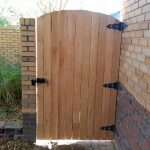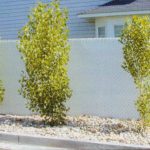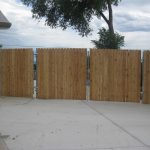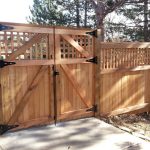How To Choose Fence-Friendly Vines To Enhance Your Wooden Fence
There are few things as charming as a pretty fence with vines growing on them. These fences don’t just offer security and privacy, but also enhance the appearance of your outdoor space. Planting fence-friendly vines can give your outdoor area a more organic and natural feel. You don’t feel boxed in, and the greenery helps elevate your mood. Fences with vines are a great choice for residential and commercial properties.
Why Choose Fence-Friendly Vines?
Planting vines may seem like a big undertaking, but they offer rich rewards. You just need to make sure the plants are suitable for the fences and won’t cause any damage. Here are some reasons why you should consider vines:
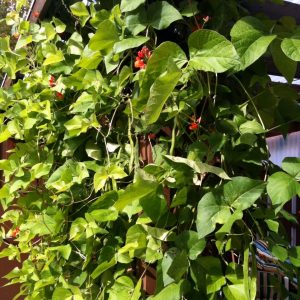
Scarlet runner bean (aka. Phaseolus coccineus)
Photo by Abrahami
- Aesthetics – Fully-grown vines look great and can enhance the beauty of your backyard. They provide some much-needed greenery around your home, which can make the outdoor environment more pleasant. This greenery is especially beneficial if you live in a crowded city or suburb with too many man-made structures.
- Curb Appeal – Fence-friendly vines improve a property’s curb appeal significantly. This has a positive impact on the building’s overall value as well. Neighbors will love the additional greenery more than a bland fence.
- Privacy – Vines form a dense network of leaves and branches, which means it isn’t easy to see beyond them. If you want a beautiful fence that provides ample privacy and offers a great view as well, consider planting vines.
Make sure you use fence-friendly vines to get the best results. Consult with an experienced professional that will know which plants are suitable and can handle the outdoor weather conditions well. They will also recommend low-maintenance options if needed.
Wrong Type of Vines
Choosing the wrong type of vine can cause damage to your fence. Some of these vines eat into the wood and weaken the structure. You will want to avoid woody vines like Wisteria or Common Ivy. These can grow out of control and hold a lot of moisture, which can also damage the fence.
Some vines invasive species and will damage all other plants in your backyard. Avoid Japanese Honeysuckle that can damage buildings, compromise wood structures, and grow quickly. They are also difficult to remove and require controlled burning or herbicides to cut down.
Get an estimate from a reliable vendor and discuss your vision with them. Fence-friendly vines are appealing to look at, but they do require some effort to maintain. It is a good idea to understand what you’re getting into before investing in the project.




